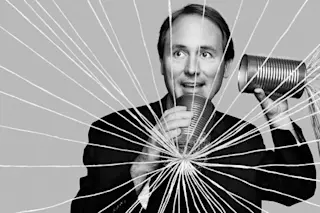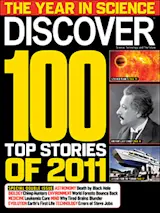The dot-com bust. The housing bubble. Bernie Madoff. The past decade has pounded us with examples of the dangers of overconfidence. One can imagine it would have been a dangerous quality among our ancestors as well. An early hominid who judged himself equal to a herd of mammoths most likely paid the ultimate price. So why, then, is overconfidence such a persistent evolutionary trait? Last year, in a mathematical model of evolution published in Nature, social scientists James Fowler of the University of California, San Diego, and Dominic Johnson of the University of Edinburgh offered an explanation. They created a theoretical population and showed that, like it or not, overconfident individuals outcompete realists in many situations. The work is just the latest twist in Fowler’s broader investigation of one of the great conflicts in human nature: the battle between self-interest and group success.
You’re best-known for studying social networks—sets of ...















